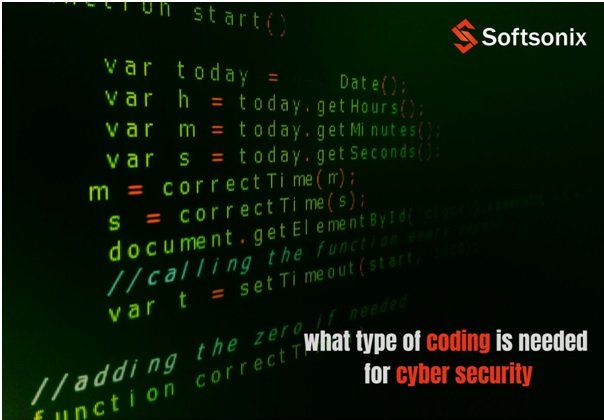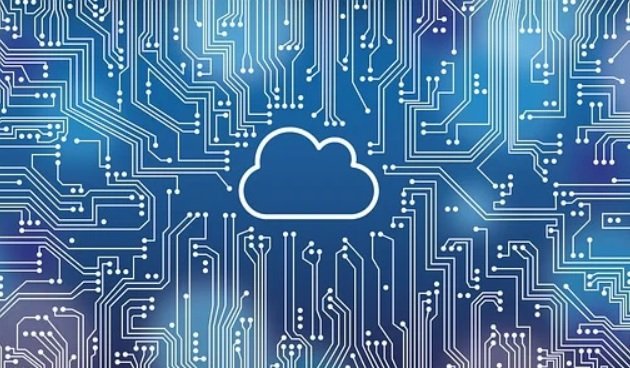Top Cybersecurity Questions For Interview 2024

Credit - Freepik
The article introduces cyber security, emphasizing its importance for data security. It includes sample interview questions and answers covering topics such as cyber threats, viruses, phishing, firewalls, VPNs, secure passwords, encryption, IDS, IPS, security audits, and patch management.
Friends, today we are going to learn about cyber security. What is cyber security? Whenever we hear about cyber security, the first thing that comes to mind is it may be relatable to cyber attacks. We all know, cyber security is a crucial term for our data, privacy, and systems. Cyber security provides us, protection from unauthorized access because unauthorized access can harm our data, network, and information. So, we can analyze the purpose of cyber security in the current digital era. If we want to avoid security threats and privacy violations, we should use cyber security. At this present time, the world is going to fully depend on technology and innovation. At this stage, the cases of cyber security breaches and threads are regularly increasing. There are multiple types of cyber attacks and cyber crimes seen in everyday work. Hackers always try to attack your privacy, data, and information to fulfill their wrong intentions. If you do have not any type of security firewall for your network, then the hacker can give you harm like financial loss, theft privacy, and exploitation.
When you are going to an interview for a cyber security professional, you should keep the answer to these questions in mind.
Cybersecurity Interview Questions
Q: What is cyber security and why is it important?
Ans: Sir, Computer systems, networks, and data can be secured against theft, damage, or unauthorized access through cyber security. The protection of critical infrastructure from cyber threats requires safeguarding sensitive information, maintaining privacy, preventing financial losses, and protecting critical infrastructure.
Also Read -
Q: Can you explain about viruses, malware, and ransomware?
Ans: Answer in this way-
Virus: Sir, Virus is a program that replicates itself and spreads to other files or systems, often causing damage. And...
Malware: Malware, an expansive term, refers to any malevolent software that disrupts or unlawfully gains entry into a computer system. And...
Ransomware: A malicious software that encrypts files or computer systems and requests a ransom for their decryption.
Q: What is the difference between threat, vulnerability, and risk in cyber security?
Ans: Sir, I want to explain one by one-
Threat: Sir, Exploitation of vulnerabilities and hurt security that is harmful or creating it, is called Threat.
Vulnerabilities: Weaknesses or shortcomings in security measures that a threat can exploit.
Risk: The likelihood of a threat exploiting a vulnerability and the potential consequences or damage it could cause.
Q: What is phishing? Give an example.
Ans: Sir, any type of cyber attack in which malicious functions use deceptive emails or messages to trick individuals into disclosing sensitive called phishing. For example, an email claiming to be from a bank requests the recipient to provide their login credentials by clicking on a link that leads to a fake website and after this, you all know what will happen....
Q: Can you explain it, how do firewalls protect our network security?
Ans: Sir, Firewalls act as protective barriers, monitoring and screening inbound and outbound network traffic according to established security rules. Firewalls prevent unauthorized access and help prevent malicious data from entering or leaving the network.
Q: What is VPN, why is it used, and what is the need for this?
Ans: Sir, VPN means Virtual Private Network that encrypts and secures internet connections, ensuring privacy and anonymity. VPN protects data from eavesdropping, accesses restricted content, and enhances public Wi-Fi security.
Q: Tell me about the Concept of a Secure Password.
Ans: Sir, a secure password has these qualities- complex, lengthy, and difficult to guess, so these qualities are beneficial for individuals to avoid any cyber security breach.
Most of the time it will be a combination of uppercase and lowercase letters, numbers, and special characters, with the requirement that this combination should be distinct for every individual account.
Q: Do you know a common technique to secure a computer network?
Ans: Yes Sir, common techniques using strong passwords, managing regular updates and patches, implementing firewalls, using intrusion detection systems, and conducting security audits.
Q: Explain the concept of two-step authentication, and why is it important?
Ans: Sir, Two-factor authentication increases security by requiring users to present two different forms of verification, typically a password and a temporary code, thereby strengthening security.
This is important because even if the password is compromised, unauthorized access can be prevented without the second factor.
Q: What are the Terms of Encryption and Decryption?
Ans: Encryption: Converting plaintext data into a coded format to protect it from unauthorized access.
Decryption: Converting encrypted data to its original, readable form.
Q: What Is SSL Encryption?
Ans: SSL (Secure Sockets Layer) encryption is a protocol that ensures secure data transmission between a user's web browser and a website server, protecting data in transit.
Q: What are the differences between IDS and IPS?
Ans: IDS (Intrusion Detection System): Monitors network traffic and generates alerts when suspicious activity is detected.
IPS (Intrusion Prevention System): Not only detects but actively blocks or prevents suspicious network activity.
Q: What is a security audit?
Ans: A security audit systematically evaluates an organization's information systems and security policies to assess their effectiveness, identify weaknesses, and recommend improvements.
Q: What steps would you take if you discovered a security breach?
Ans: Isolate affected systems, contain the breach, notify relevant parties, investigate the incident, remediate vulnerabilities, and implement measures to prevent future breaches.
Q: What is a brute force attack?
Ans: This involves attackers using a trial-and-error approach to find a password or encryption key by systematically testing every possible combination until they find the correct key.
Also Read -
Q: What are common cyber threats today?
Ans: These are common threats- malware, ransomware, phishing, DDoS attacks, insider threats, and zero-day vulnerabilities.
Q: What is the role of patch management in maintaining security?
Ans: Patch management regularly applies updates and patches to software and systems to fix security vulnerabilities. This is an important term to prevent the exploitation of known vulnerabilities by attackers.
Conclusion
We hope these questions will be helpful in your interview. Have a nice day.








